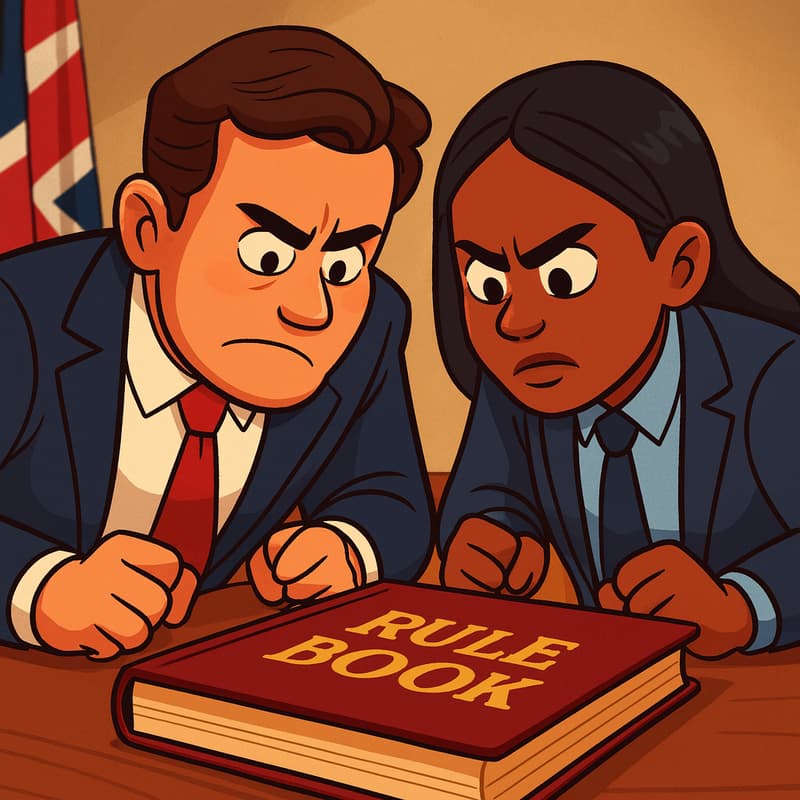

Playing by (or with) the rules? Bias and the UK General Elections
Join us on Zoom for the next entry in our academic series as Professor Charles J Pattie delves into the British electoral system.
That the 2024 UK General Election was very far from proportional in its outcome is hardly news. Labour won an unusually large majority in the Commons based on the smallest national vote share ever gained by any winning party in this country's history (and on a much poorer vote share than the party obtained in 2017, when it lost the election). The Conservatives lost many votes and many seats (their worst modern result). The Liberal Democrats, meanwhile returned their largest cohort of MPs since the early 20th century, despite barely improving their vote share on the 2019 election, when they returned only a handful. And despite winning over half a million fewer votes than Reform UK, their haul of MPs was 14 times larger.
In an important sense, then, the election result wasn't 'fair'. But was it systematically biased in favour of some parties and against others?
Professor Pattie explains why proportionality is not a good measure of electoral bias, and offers an alternative way of thinking about and assessing systematic bias that can be used to put the 2024 election into a longer-term context. This talk explores the ways that electoral bias in the UK is changing and what it suggests about the future.
Zoom Link: https://us06web.zoom.us/j/88210020507?pwd=s78cx2Ad4RLaxdMgb79LntEfprGpDD.1